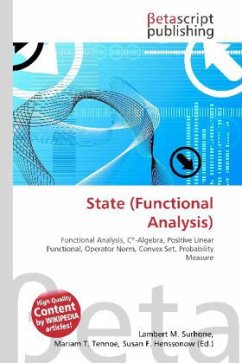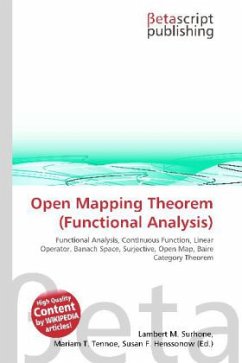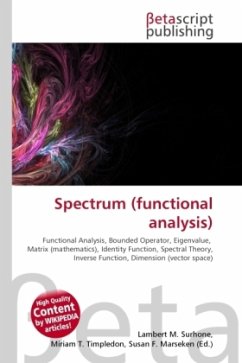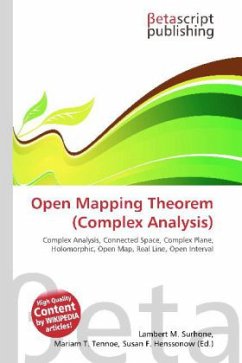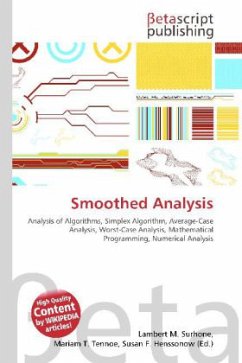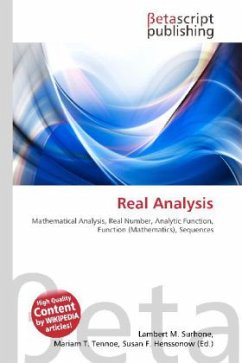Please note that the content of this book primarily consists of articles available from Wikipedia or other free sources online. In functional analysis, a state on a C -algebra is a positive linear functional of norm 1. The set of states of a C -algebra A, sometimes denoted by S(A), is always a convex set. The extremal points of S(A) are called pure states. If A has a multiplicative identity, S(A) is compact in the weak -topology. In the C -algebraic formulation of quantum mechanics, states in this previous sense correspond to physical states, i.e. mappings from physical observables to their expected measurement outcome.States can be viewed as noncommutative generalizations of probability measures. By Gelfand representation, every commutative C -algebra A is of the form C0(X) for some locally compact Hausdorff X. In this case, S(A) consists of positive Radon measures on X, and the pure states are the evaluation functionals on X. A bounded linear functional on a C -algebra A is said to be self-adjoint if it is real-valued on the self-adjoint elements of A. Self-adjoint functionals are noncommutative analogues of signed measures.
Bitte wählen Sie Ihr Anliegen aus.
Rechnungen
Retourenschein anfordern
Bestellstatus
Storno

